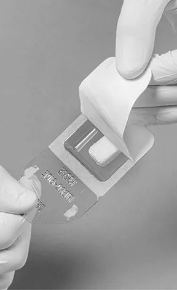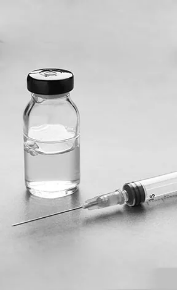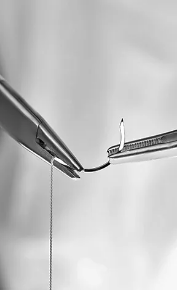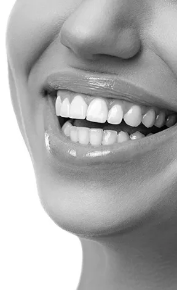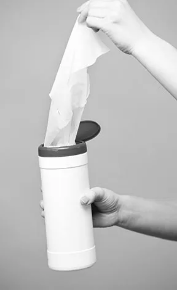Close
- Products
- Company
- PromotionsCloseBack
- Events
- Education
- FAQs
- Invoice Payment
- HANSAmed affiliates
Menu
- ProductsCloseBack
- Treatment Solutions
- Regenerative BiomaterialsCloseBack
- Bone GraftsCloseBack
- BiologicsCloseBack
- Membranes
- MatricesCloseBack
- Bone Grafts
- Pain ControlCloseBack
- Surgical EssentialsCloseBack
- EducationCloseBack
- Periodontal HealthCloseBack
- Perio-AntibioticsCloseBack
- ProbioticsCloseBack
- Perio-Antibiotics
- Emergency Kits & Drugs
- Infection ControlCloseBack
- Company
- PromotionsCloseBack
- Events
- Education
- FAQs
- Invoice Payment
- HANSAmed affiliates
×
Woohoo! You've unlocked a
Welcome to HANSAmed!

Woohoo! You've unlocked a
$10welcome reward point!
Shop now and save within 30 days!
×
Newsletter
Wait...
Information
Quick Links
Customer service
Copyright © HANSAmed Limited 2025 . All rights reserved.
Powered by nopCommerce
Designed by Nop-Templates.com
Filters
Sort
display


